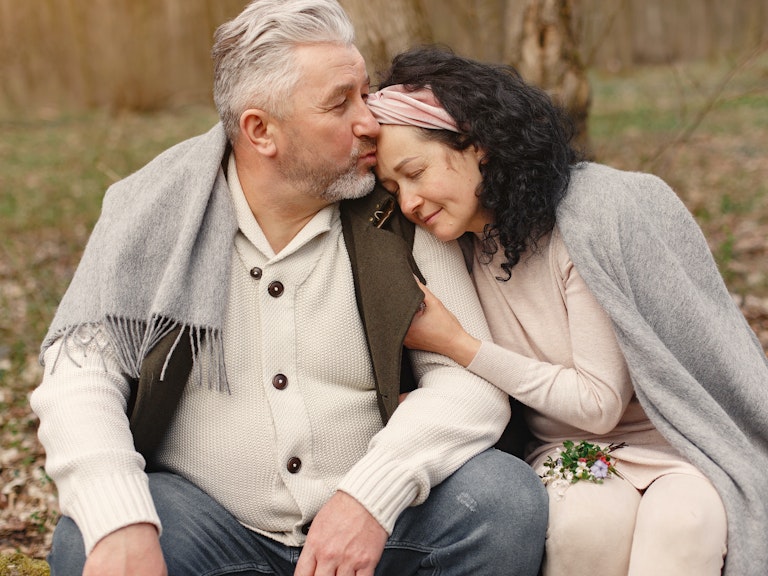
Lymphoma
Lymphoma overview
Lymphoma is a general term for cancers that start in the lymph system; mainly the lymph nodes. The two main types of lymphoma are Hodgkin lymphoma and non-Hodgkin lymphoma. Hodgkin lymphoma spreads in an orderly manner from one group of lymph nodes to another. Non-Hodgkin lymphoma spreads through the lymphatic system in a non-orderly manner. The causes of lymphoma are unknown.
Getting older is a strong risk factor for most types of lymphoma. Most cases occur in people in their 60s or older. But some types of lymphoma are more common in younger people.
Causes or risk factors
In most cases the cause of lymphoma is not known. However, there are some risk factors that make it more likely:
- getting older (although some lymphoma's affect young people)
- sex (men are more likely to get it than women)
- a family history of lymphoma, although the increase in risk is small
- lowered immunity
- infections
Symptoms
People with lymphoma may experience the following symptoms. Some people with lymphoma do not have any of these changes. Common symptoms include:
- Painless swelling of lymph nodes in the neck, underarm, or groin area that does not go away within a few weeks
- Unexplained high temperature that does not go away
- Unexplained weight loss
- Night sweats, usually drenching
- a generalised itching that may be severe
- Fatigue
Treatment
Treatments for lymphoma depend on the kind you have, the stage the cancer is at and whether you have symptoms or not.
- chemotherapy
- radiotherapy
- targeted therapies
- 'watch and wait' if you have a slow growing lymphoma you may not need treatment right away or ever.